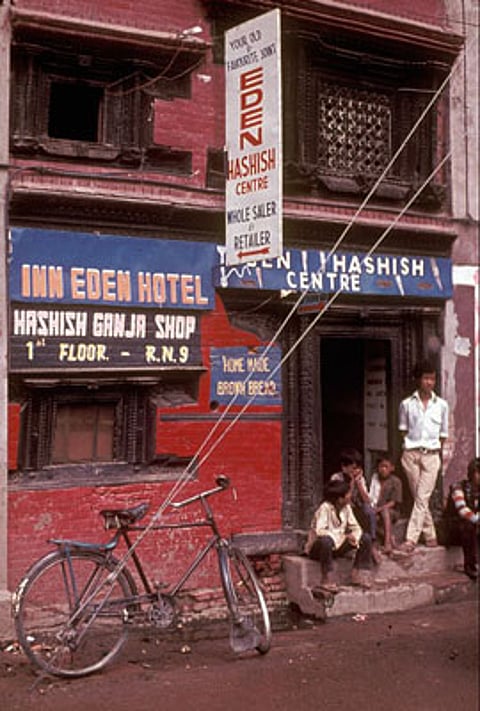In lieu of a travelogue
On the first page of the widely loved, wildly imaginative travelogue, Katmandu, the lauded Yugoslavian writer, poet and playwright Stevan Pešić (1939-1994) expresses an acute nostalgia for a city he has left more than a year earlier. A palpable sense of loss engulfs him as he sifts through his notes. Katmandu was first published in 1982. Serbian poet and essayist Jovan Zivlak, in an article on Pešić, writes that he had spent three months in Nepal, either in 1979 or 1980, before crossing over to India. It was the rainy season, and Pešić drifted through the city with an umbrella in hand.
Before Pešić took the overland route to the East, several Yugoslavian writers, poets and academics had already travelled to Southasia, and had given their impressions in letters, papers or books. One among them was the scholar Čedomil Veljačić, who had retreated to Sri Lanka in the 1960s to study Buddhist philosophy as an ordained monk. Writings on Pešić, as well as his own writings, reveal that he was familiar with Veljačić's and other Yugoslavians' work on Southasia, as well as with the flood of literature coming from Germany, the UK and the USA, including various hippie and esoteric gospels. In Kathmandu's Freak Street near the Kathmandu Durbar Square, Pešić writes, there were many ad-hoc libraries, "little Towers of Babel of ideas". Travellers would leave books in hotels before moving on to the next: Plato, Marx, Freud, Jung, Trotsky, Aurobindo, Bardo Thodol, Michaux, Castaneda, De Quincey, etc – titles every self-respecting hippie must at least skim through. But a book he found in an elderly cousin's attic, in his hometown of Kovilj (now in Serbia) when he was just 11, had the largest impact on him. It was filled with pictures of Tibeta peoples, and the fact that it was in German was the least of his worries, he wrote. The Tibetans invaded his mental space, and his mother, fearing for his health, confiscated the book. Still, the images of the Tibetans stayed.

